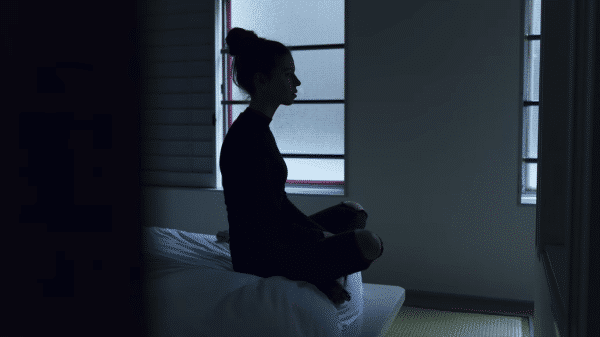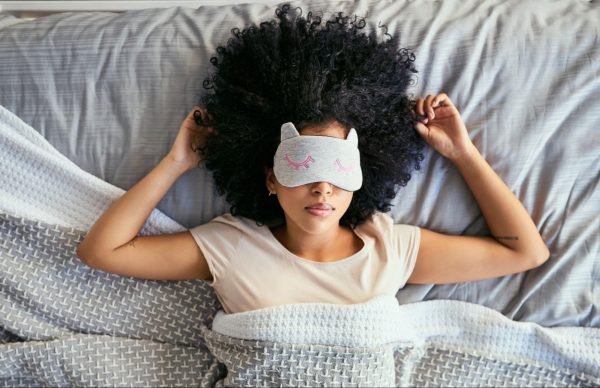Do Sleep Problems Run in the Family?
The Daily Doze
Are you the type of person who struggles a lot with sleep, or nods off effortlessly regardless of the circumstances?
It turns out your sleeping patterns may lie in your genetic makeup. Research studies have leaned on yes: sleep may be in our genes. If you constantly struggle nodding off to sleep, chances are your parents or grandparents probably did, too.
Of course, external and environmental challenges, as well as changes in life events, can cause sleep issues. But if you are having a chronic and complicated relationship with sleep, maybe genetics plays a role.
Which Sleep Disorders are Hereditary?
Many or most sleeping problems aren’t hereditary, so before blaming your parents make sure to first address the root of the problem. Some sleeping problems, however, certainly can be genetic.
Insomnia affecting 10% to 20% of people worldwide is quite common. Studies suggest one-third of the risk of insomnia is inherited. A study from the Journal of Molecular Psychiatry, led by Murray Stein of the University of California San Diego and the VA San Diego Healthcare System confirms insomnia has a partially heritable basis.
Researchers identified specific genes that trigger the development of issues, demonstrating a strong relationship between sleep and one’s mental and physical health.
Also, there is an observed hereditary tie between sleeplessness and major depression, particularly among participants of European descent. Some sleep disorders that are found to be hereditary include fatal familial insomnia, chronic primary insomnia, familial advanced sleep-phase syndrome, and narcolepsy with cataplexy.
"Insomnia has a really significant impact on millions of people worldwide. However, we’ve long known there's a link between insomnia and chronic disease,” according to Samuel Jones, a research fellow at the University of Exeter, UK. “Our findings suggest that depression and heart disease are actually a result of persistent insomnia.”

What to Do / Treatment Options
Some people are more sensitive than others due to environmental stressors (work pressures, family stresses, etc.), due to genetic reasons. Our genes do not change, but our genes influence us in various intensities -- “switched on or off” or “turned up or down” like a dimmer switch -- influenced by environmental factors.
No one should feel sleeplessness is something they simply have to live through. There are dire consequences when sleep is left ignored. While it’s impossible to change our genes, it is not impossible to alter the environment to promote sleep. Little can be done to change our genetic makeup, but cognitive behavioral therapy offers promising results as a treatment for chronic insomnia. Adopting a healthy diet, exercise, and breathing habits, the negative effects can be prevented from further developing.
Seeking treatment and better understanding should be a top priority. Chronic insomnia goes hand-in-hand with various long-term health issues such as heart disease, type-2 diabetes, including mental illnesses such as post-traumatic stress disorder (PTSD) and suicide.
As we learn more about how genes and sleep play and come together, it can be helpful to seek treatment. Personalized medicine, tailored specifically to the individual can address and solve sleep issues. More research and tests must still be done to understand this field better.
Finally, investing in an environment conducive to sleeping is vital. Limit noise or light in the bedroom, and invest in a superior sleep surface that promotes restorative sleep, such as MajesticBeds.

Learn More about Sleep
Knowledge is power. Learning more about better sleep will help you find and make the adjustments that will work for you. Check out our other blog posts to enrich your information on sleep:
- Sleep Advancements and Innovations in the Field
- How Sleep Affects Your Mental Health
- Sleep During Pregnancy: A Pre-Parenthood Challenge
Our Majestic Beds Team Sleep Experts would be more than happy to advise you about relieving pain or discomfort and getting a better night’s sleep. We can help you find the best solution to your sleep needs.
Sign Up for Exclusives and Updates
Invest in rest. A better sleep means a better life. To get the latest information on sleep science and other interesting info, click below to get notified about new blog updates!
